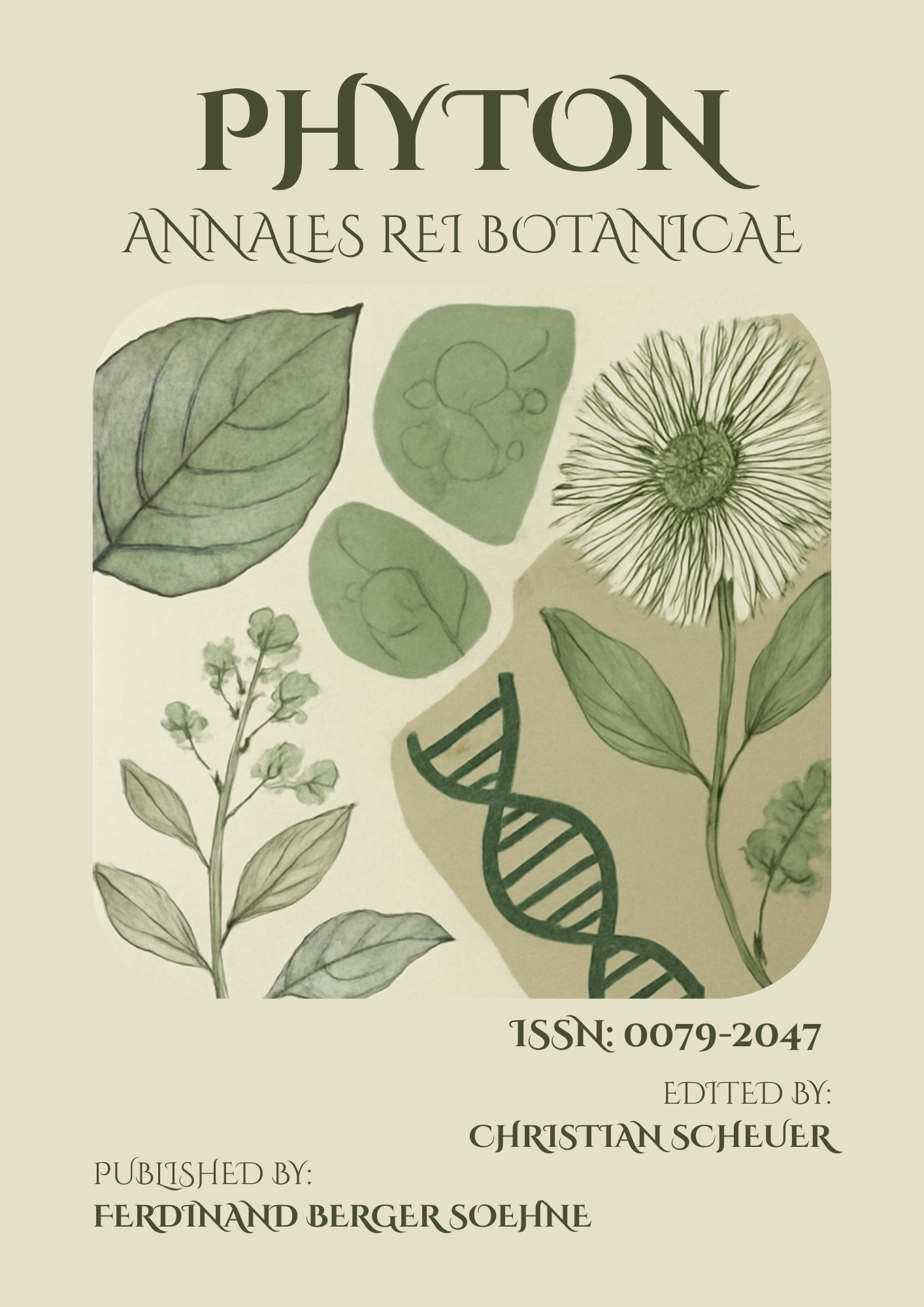Ecophysiological Responses of Rice Varieties to Heat Stress in the Korean Peninsula
Keywords:
heat stress, rice, ecophysiology, stress tolerance, climate change, KoreaAbstract
Heat stress during the flowering stage is a major constraint on rice productivity in the Korean Peninsula, where rising temperatures due to climate change are expected to worsen. This study evaluates the ecophysiological responses of various rice cultivars to heat stress, focusing on traits related to temperature tolerance, photosynthesis, and yield performance. Field trials were conducted across two growing seasons, with temperatures exceeding the historical average during the reproductive phase. Significant differences were observed among cultivars in terms of heat shock protein expression, membrane stability, and chlorophyll content, with heat-tolerant cultivars showing better retention of photosynthetic efficiency under heat stress. Additionally, the study identified a positive correlation between spikelet fertility and the ability to maintain stomatal conductance under high temperatures. The role of osmoregulatory compounds such as proline and soluble sugars was also explored, revealing that tolerant cultivars accumulate higher concentrations of these compounds. The findings highlight the potential for breeding heat-tolerant rice varieties that could maintain productivity under future climate scenarios. This research is vital for informing climate-resilient rice breeding programs in Korea and other East Asian countries facing similar agricultural challenges.
Published
How to Cite
Issue
Section
License
Copyright (c) 2022 PHYTON-ANNALES REI BOTANICAE

This work is licensed under a Creative Commons Attribution-NonCommercial-ShareAlike 4.0 International License.
This article is published under the terms of the Creative Commons Attribution-NonCommercial-ShareAlike 4.0 International License (CC BY-NC-SA 4.0). Readers may share and adapt the material for non-commercial purposes, provided appropriate credit is given and adaptations are shared under the same license.



